to our
newsletter
/ About
The Urban Climate Future Lab is a pioneering research initiative to gain a deep understanding of the complex interplay between climate change impact and mitigation and urbanization.
In addressing the interrelations between climate dynamics and urbanization we will create transformation pathways towards a sustainable future – with a particular focus on Lower Saxony and its extrapolation to wider contexts.
● Collaborative and Holistic Approach
To maximize our impact, we collaborate with researchers, industry experts, civil society, planning entities, and NGOs. This collaboration ensures a holistic approach to addressing the various aspects of urban and climatic dynamics. Our methodologies are both interdisciplinary and transdisciplinary, integrating insights and techniques from architecture, urban design and planning, landscape architecture, engineering, psychology, governance, environmental sciences, geography, physics, and climate science.
/ Research
Climate change impacts urban societies at large. However, it is not yet known, how precisely different types of urban areas – cities, towns, industrial areas or urban quarters – may have different impacts, risks and potentials with view to climate change mitigation and adaptation. As UCFL team we stand for a truly collaborative, multidisciplinary and integrative research to promote scientifically-founded, co-creatively developed real-world solutions for the sustainable transformation of urban and rural areas amidst a climate crisis.
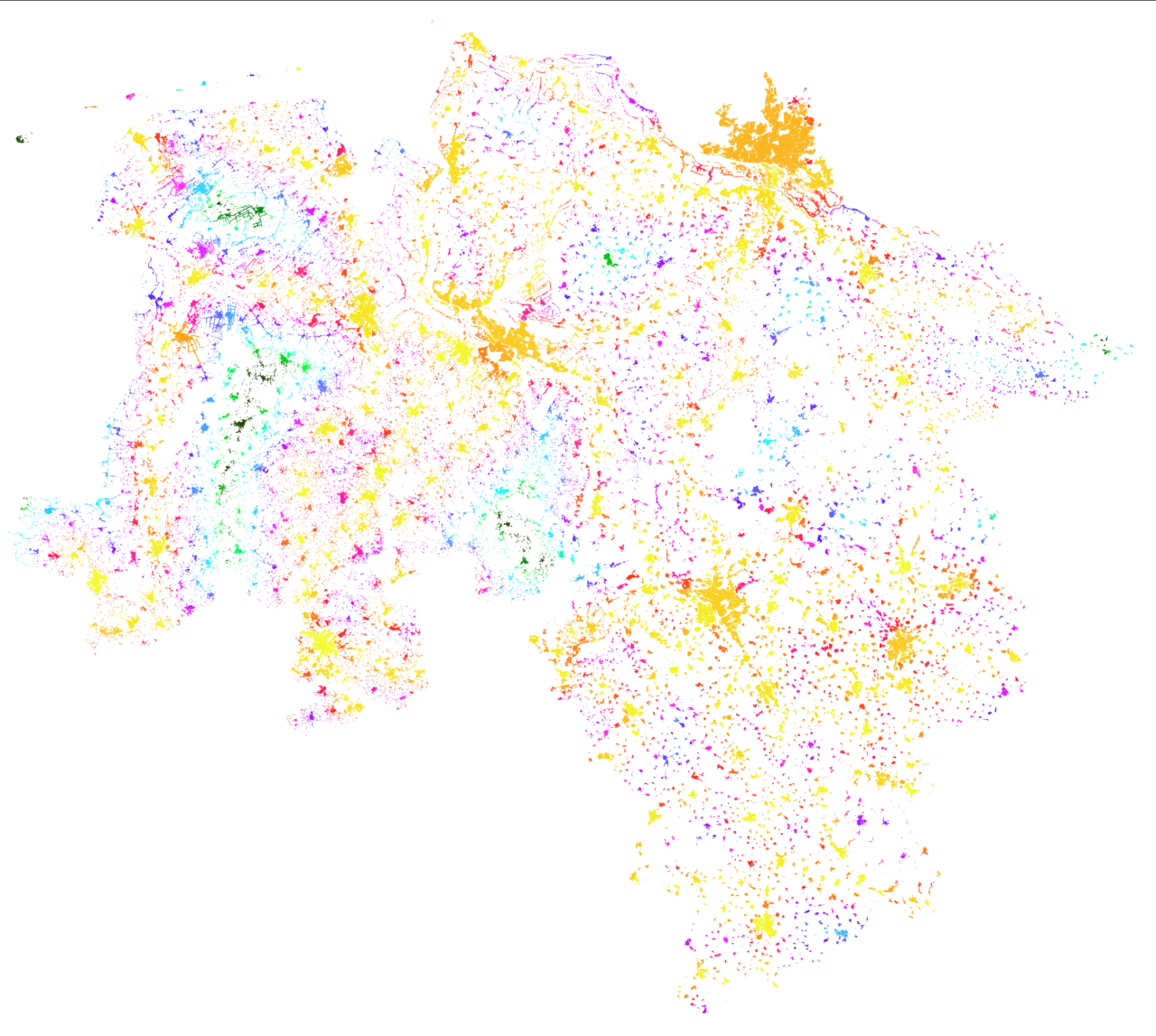
URB establishes a foundational understanding of urban systems, mapping dependencies across settlement types, land use, resources, energy consumption, mobility patterns, symbiosis potential, climate risks, and governance structures (Phase I). This informs Phase II's development of scenarios for sustainable urban development, optimizing material and immaterial flows to reduce demand and identify synergies.
MOB explores the nexus of mobility and urban systems, analyzing their impacts on land, resources, and energy (Phase I). It then designs sustainable mobility scenarios (Phase II), essential for societal and economic development while addressing climate change. Balancing individual needs with climate goals is crucial in transport planning for urban sustainability.
SYM evaluates the city-factory nexus across technical, economic, and environmental dimensions. Integrating factories into urban settings for sustainable development requires holistic planning. Our approach aims to model, evaluate, and design efficient interfaces for energy, materials, mobility, and space. We emphasize circular economy principles through urban-industrial symbiosis.
RES focuses on assessing stored resources and CO2 emissions in residential, non-residential, and infrastructure buildings. It analyzes energy consumption profiles for heating, cooling, and electricity to develop future scenarios. RES aims to identify exemplary urban structures and their emissions, resources, and operational needs, modeling transformation effects for scenarios.
OPEN researches and optimizes urban open spaces' climate resilience amid climate change. It evaluates both green spaces' positive impacts like stormwater management and cooling, and grey, sealed spaces' negative impacts. Phase I analyzes these impacts and interlinkages with settlements and immaterial aspects. Phase II develops climate-friendly scenarios for sustainable urban transformation based on new insights.
CLIM assesses climate change impacts on Lower Saxony to develop mitigation and adaptation scenarios. Using state-of-the-art regional climate simulations, Phase I examines past, present, and future climate effects on LS. Phase II involves new regional climate simulations tailored to Lower Saxony’s conditions for enhanced accuracy and applicability.
Urban areas face increasing climate change risks. Understanding citizens' perceptions and barriers to adaptation is crucial. Phase I examines how people perceive gradual versus disruptive risks and their information needs. Phase II integrates these insights into scenario evaluations and develops effective communications for citizen adaptation.
GOV investigates and develops urban governance practices for climate-just and transformative adaptation in Lower Saxony (LS). Positioned at the interface of the other sub-projects we examine how governance practices can enable inclusive and equitable responses to climate change, identifying both barriers and opportunities for just spatial transformations. By studying the collaborative practices of diverse actors and the dynamics of decision-making as well as power relations, GOV advances understanding of how climate justice can be promoted through transformative governance in urban spaces.
KNOW integrates data, models, scenario building, and results across all work packages (WP). Phase I enhances data handling, interpretation, and analysis capabilities through tools like the Urban Climate Knowledge Graph (UCKG) and URB's spatial model. Phase II uses these frameworks to explore sustainable future scenarios, integrating insights from academic and regional partners. KNOW conducts simulations, assessments, and visualizations to evaluate sustainability impacts on climate, energy, resources, and land consumption across various scenarios.
/ People
Our UCFL team is a diverse and multi-disciplinary group of researchers from three universities and two renowned research institutes. Our disciplines comprise architecture, urban design and planning, landscape architecture, engineering, psychology, governance, environmental sciences, geography, physics, and climate science.
Principal Investigators
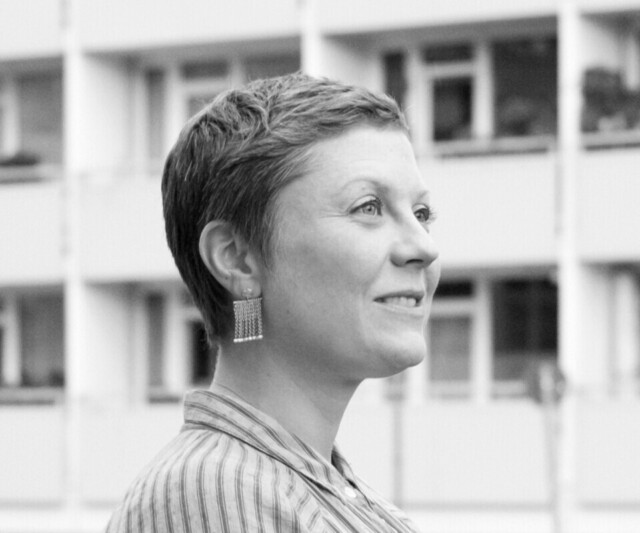
Prof. Dr. Vanessa Miriam Carlow
Speaker UCFL
Institute for Sustainable Urbanism (ISU)
Technische Universität Braunschweig
www.spacelab-isu.org
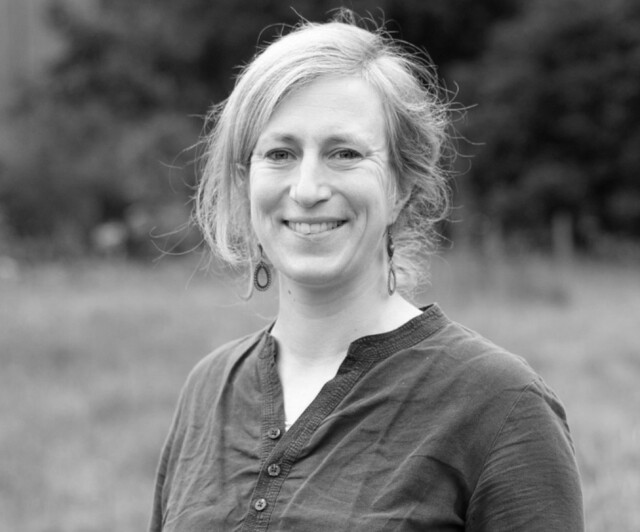
Prof. Dr. Astrid Kause
Co-Speaker UCFL
Institute of Sustainability Psychology (ISP)
Leuphana University Lüneburg
www.leuphana.de/en/institutes/isep.html
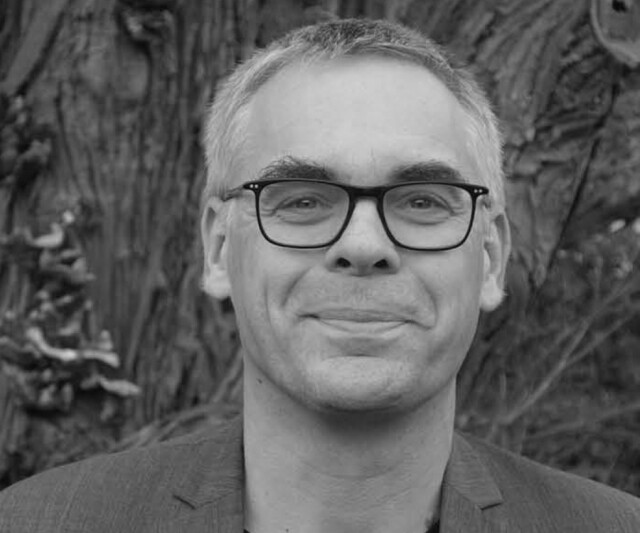
Prof. Dr.-Ing. Martin Prominski
Co-Speaker UCFL
Institute of Open Space Planning and Design (IF)
Leibniz University Hannover
www.freiraum.uni-hannover.de
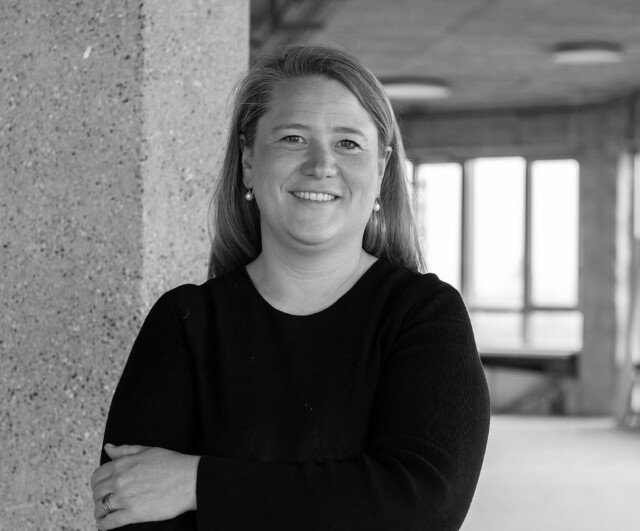
Prof. Elisabeth Endres
Institute for Building Climatology and Energy of
Architecture (IBEA)
Technische Universität Braunschweig
www.tu-braunschweig.de/ibea
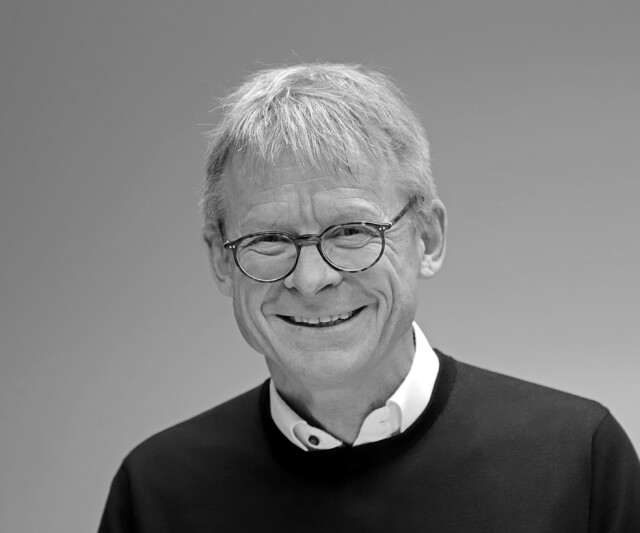
Prof. Dr.-Ing. Bernhard Friedrich
Institute of Transportation and Urban Engineering
Technische Universität Braunschweig
www.tu-braunschweig.de/ivs

Prof. Dr.-Ing. Christoph Herrmann
Institute of Machine Tools and Production Technology
Technische Universität Braunschweig
www.tu-braunschweig.de/iwf

Dr. Katharina Kapitza
Academy for Territorial Development in the Leibniz Association (ARL)
www.arl-net.de
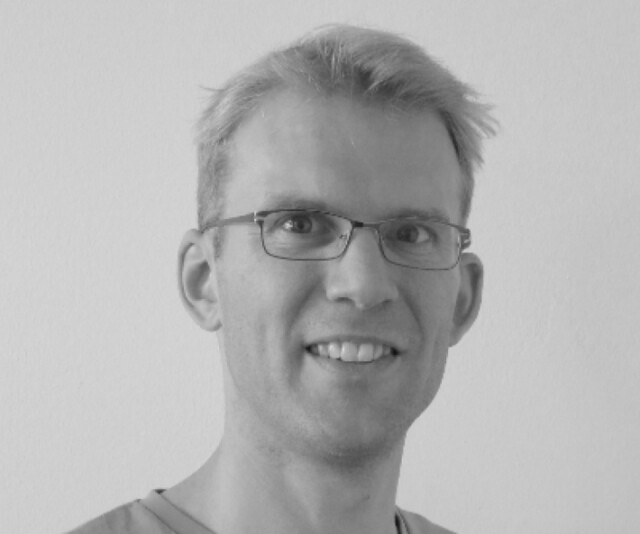
Dr. Claas Teichmann
Helmholtz-Zentrum hereon GmbH, Climate Service Center Germany (GERICS)
www.gerics.de
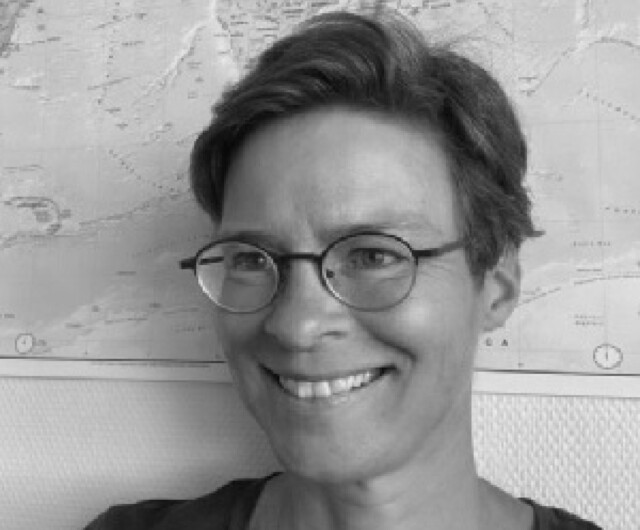
Dr. Barbara Warner
Academy for Territorial Development in the Leibniz Association (ARL)
www.arl-net.de
Advisory Board (“Critical Friends”)
● Prof. Thomas Auer
TU Munich, Chair of Building Technology and Climate Responsive Design
● Prof. Dr. Kay W. Axhausen
ETH Zürich, Institute for Transport Planning and Systems
● Dr. Eulalia Baudenas
Earth Sciences - Knowledge Integration ES Group, Barcelona Supercomputing Centre
● Arch. Univ.-Prof. Aglaee Degros
Institute of Urbanism, TU Graz
● Prof. Dr. Stefan Dietze
Heinrich-Heine-University Düsseldorf, Data & Knowledge Engineering; Scientific director of the department Knowledge Technologies for the Social Science (KTS) at GESIS; Deputy director at the Heine Center for Artificial Intelligence & Data Science (HeiCAD); Affiliated member L3S Research Center Hannover
● Assoc. Prof. Dr.-Ing. Nannan Dong
Tongji University Shanghai, College of Architecture and Urban Planning, Associate Professor of Department of Landscape Studies, Vice Director of Department of Landscape Studies
● Prof. Dr. Eckhardt Fuchs
Director Leibniz Institute for Educational Media - Georg Eckert Institute (GEI); Speaker of the Leibniz ScienceCampus - Postdigital Participation
● Dr. Naomi Hanakata
Assistant Professor, National University of Singapore, Department of Architecture, College of Design and Engineering
● Prof. Dr. Erich Hörl
Leuphana University Lüneburg, Professorship for Media Culture and Media Philosophy, Vice President for Research, Co-director Leuphana Institute for Advanced Studies in Culture and Society
● Dr. Jonathan Low
Coordinating Director (R&D) at A*STAR Singapore – Advanced Remanufacturing and Technology Centre (ARTC), Singapore Institute of Manufacturing Technology SIMTech
● Prof. Dr. Tanja Mölders
University of Freiburg, Faculty of Environment and Natural Resources, Institute of Environmental Social Sciences and Geography
● Dr. Samuel Colin Pickard
Earth Sciences - Earth System Services Group, Barcelona Supercomputing Centre
● Assoc. Prof. Philippa Tumubweinee
University of Cape Town, African Centre for Cities
● Prof. Dr. Stephan Weber
Institute of Geoecology – Climatology and Environmental Meteorology, TU Braunschweig
/ Contact
Urban
Climate
Future
Lab
SpACE Lab at ISU – Institute for Sustainable Urbanism
Technische Universität Braunschweig
Mühlenpfordtstraße 23
38106 Braunschweig, Germany
urbanclimatefuturelab@tu-braunschweig.de